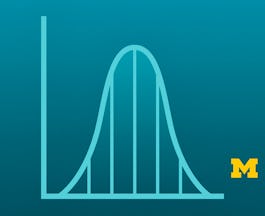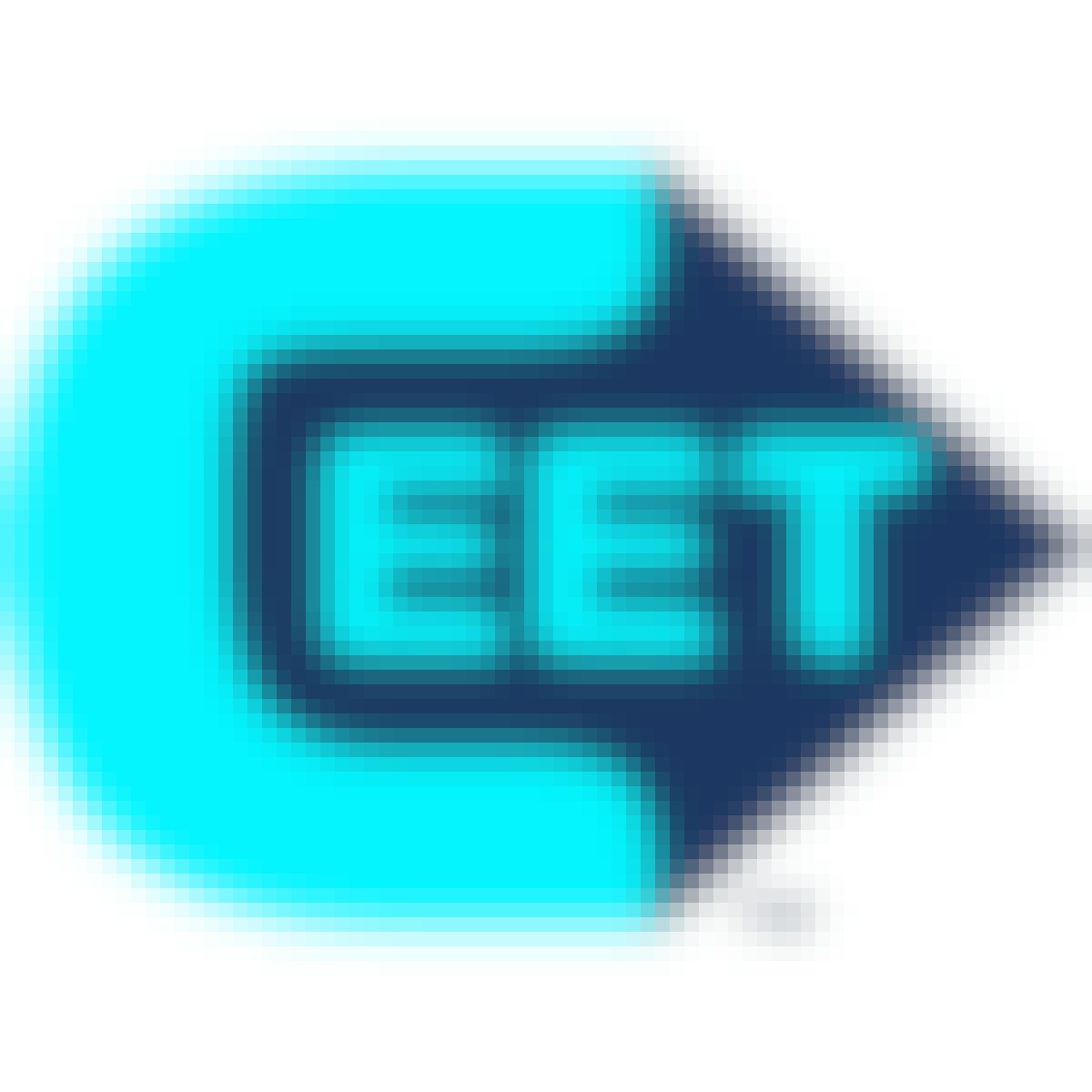Filter by
The language used throughout the course, in both instruction and assessments.
1,038 results for "electronics"

Microsoft
Skills you'll gain: Big Data, Cloud Computing, Cloud Platforms, Cloud-Based Integration, Data Architecture, Data Management, Data Warehousing, Databases, Extract, Transform, Load, Microsoft Azure, Leadership and Management

University of Michigan
Skills you'll gain: Basic Descriptive Statistics, Data Analysis, General Statistics, Probability & Statistics, Statistical Analysis, Probability Distribution, Statistical Visualization, Data Visualization, Python Programming, Mathematics, Computer Programming

University of Pennsylvania
Skills you'll gain: Brand Management, Leadership and Management, Marketing, Sales, Strategy, Strategy and Operations, Retail Sales, Retail Store Operations, Data Analysis, Market Analysis

Skills you'll gain: Apache, Data Management, Python Programming, Statistical Programming, Cloud Computing, General Statistics, Probability & Statistics, Data Visualization, IBM Cloud, SQL, Statistical Visualization, Computer Programming

Yonsei University
Skills you'll gain: Marketing, Strategy, Leadership and Management, Customer Analysis, Market Analysis, Marketing Management, Product Marketing, Brand Management, Customer Relationship Management, Marketing Design, Media Strategy & Planning, Product Strategy, Product Management, Decision Making, Strategy and Operations, B2B Sales, Business Analysis, Business Development, Social Media, Communication, Creativity, Market Research, Operations Management, Sales, Performance Management, Reinforcement Learning

Skills you'll gain: Exploratory Data Analysis, General Statistics, Probability & Statistics, Statistical Analysis, Data Analysis, Data Visualization, Experiment

Skills you'll gain: Leadership and Management, Project Management, Risk Management

University of California San Diego
Skills you'll gain: Computer Programming, Java Programming, Problem Solving, Programming Principles, Algorithms, Computational Thinking, Computer Programming Tools, Computational Logic, Computer Graphics, Visualization (Computer Graphics)
 Status: Free
Status: FreeEdge Impulse
Skills you'll gain: Applied Machine Learning, Machine Learning, Machine Learning Algorithms, Machine Learning Software, Data Analysis, Data Visualization, Deep Learning, Feature Engineering, Network Model, Artificial Neural Networks, Computer Programming
 Status: Free
Status: FreeYale University
Skills you'll gain: Leadership and Management, Project Management

Skills you'll gain: Leadership and Management, Critical Thinking, Strategy and Operations, Human Learning, Machine Learning, Human Computer Interaction, Risk Management, Transportation Operations Management, Communication, Human Resources, Organizational Development, People Development, Programming Principles, Project Management, Security Engineering, Visualization (Computer Graphics), Big Data, Business Process Management, Customer Relationship Management, Generally Accepted Accounting Principles (GAAP), Operating Systems, Probability & Statistics, Product Development, Software Architecture, Technical Product Management, Business Communication, Data Analysis, Decision Making, Internet Of Things, Media Strategy & Planning, Business Analysis, Computer Programming Tools, Entrepreneurship, General Statistics, Investment Management, Data Warehousing, Marketing, Operations Management, Strategy, Business Research, Audit, Software Testing, Training

HubSpot Academy
Skills you'll gain: Prospecting and Qualification, Sales, Strategy, B2B Sales, Decision Making, Sales Systems, Business Analysis, Communication, Negotiation, Strategy and Operations
In summary, here are 10 of our most popular electronics courses
- Microsoft Azure for Data Engineering: Microsoft
- Understanding and Visualizing Data with Python: University of Michigan
- Retail Marketing Strategy: University of Pennsylvania
- Fundamentals of Scalable Data Science: IBM
- International Marketing & Cross Industry Growth: Yonsei University
- Statistical Thinking for Industrial Problem Solving, presented by JMP: SAS
- Project Lifecycle, Information Sharing, and Risk Management: SkillUp EdTech
- Object Oriented Programming in Java: University of California San Diego
- Introduction to Embedded Machine Learning: Edge Impulse
- Tropical Forest Landscapes 101: Conservation & Restoration: Yale University










